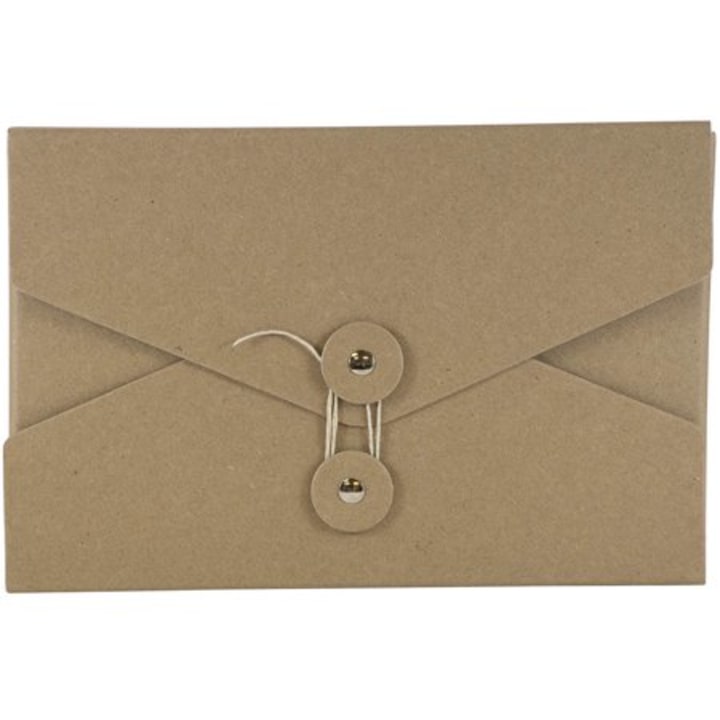Another tax season has come and gone and hopefully — hopefully! — you filled out the right forms, claimed the right amount of income and didn’t forget anything.
And if you’re waking up in night sweats thinking about what might happen if you did get something wrong ... well, you’re not alone.
Every time I used to file my taxes I would break out in a cold sweat, totally convinced I had made a grave miscalculation and would spend the rest of my life in prison for the crime of not being able to do math correctly. Then a few years ago, I decided to channel that anxiety into something a little more ... productive! I changed the way I organized my finances.
For more like this, follow TMRW on Instagram at @tmrwxtoday.
It took one long, sort of headache-y Saturday and Sunday afternoon and about $40 in supplies to get everything in manageable order but years later, I would say that weekend was completely worth it.
Here’s how I started, and how you can too.
1. Figure out where you make your money. I know it sounds crazy, but unless you have one job and one job only, it’s likely that your total annual income comes from a bunch of different money-making ventures. Every time you take a new job, even if it’s a one time gig, jot it down on an Excel spreadsheet. Make sure to note what the job was, who it was for and how much they paid. Also make sure you check a box that says if you got paid of not. It will help if you have to invoice, as most companies rely on the contractor to invoice for payment and do not pay out proactively.
2. If you’re a freelancer, the companies that pay you on the books will start sending you your forms at the beginning of a calendar year. Do not misplace these forms — especially if you get a lot of them. It will be easy to throw them in with junk mail or recycling. Instead, buy a little plastic pencil case or a folder and keep it in the same place (never move it!). Every time a form comes in, drop it in the folder. You don’t even have to open it until it’s time to sit down and do your taxes. But file them in the same place! Please, listen to me, a person who spent hours having to call employers to track down forms that I had thrown away with junk mail.This is what I use and it was $6:
JAM Paper Craft Portfolio
3. Get yourself a business credit card and use it for anything related to your work. New laptop? Business credit card. Talking business over lunch? Business credit card! Gas to get yourself to and from a gig? Business! Credit! Card! When you’re doing your taxes, you will have to compile a list of business-related expenses that you can write off while claiming your income. You know what’s super easy? Printing out 12 months of credit card statements from a business expenses-only credit card account. That way you’ll be maximizing your write-offs to the penny and you won’t lose sleep to figuring out whether you underestimated or overestimated how much you are able to write off.
4. If you’re still doubting yourself over your financial competence — and, let’s be honest, I definitely was — hire someone to help manage your money for you. This can come in the form of an accountant or a financial advisor or planner if you’re feeling fancy and have a lot of money. For a few hundred dollars, an accountant can essentially do your taxes for you, providing you hand over all of the documentation you have. Trust me, it’s worth it.
Spending a few days organizing your finances is going to be worth all of the time you won’t be spending scrambling to get it together every time April rolls around. I promise.


